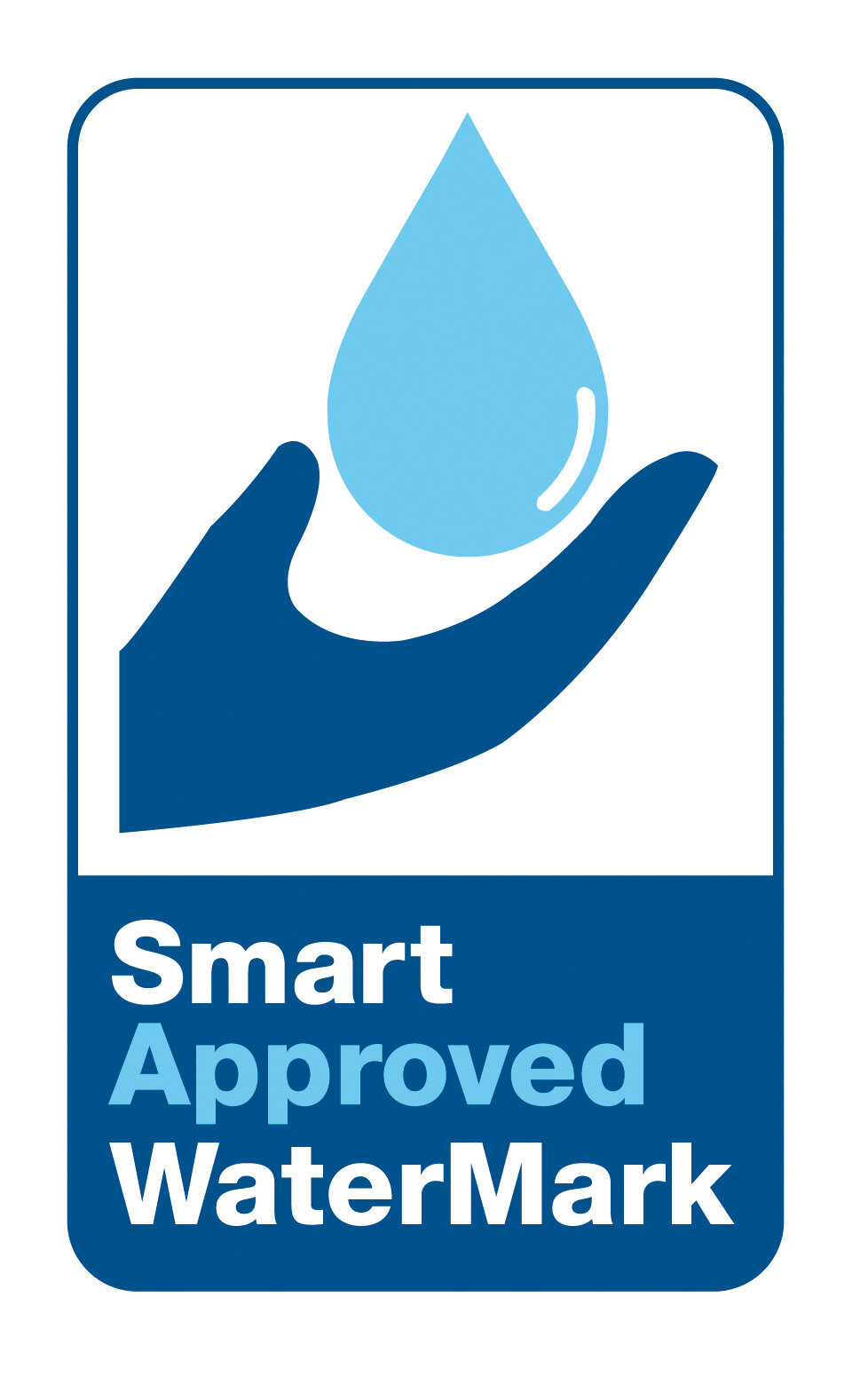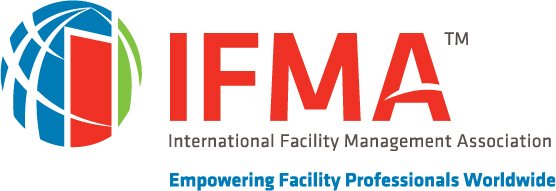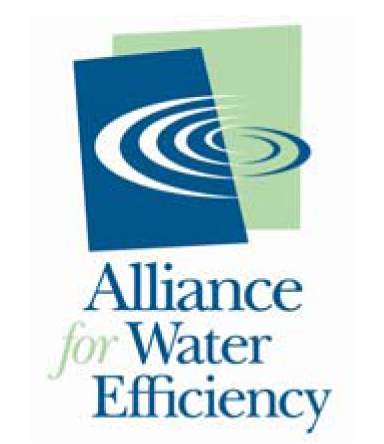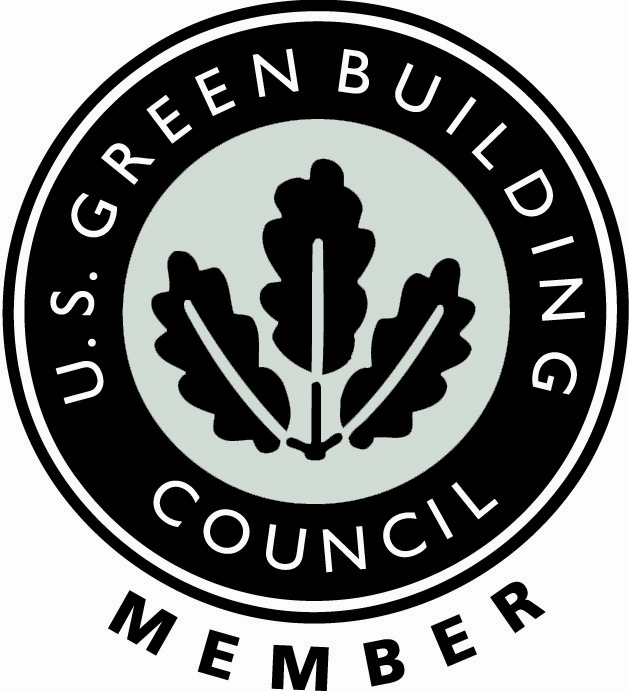Here at Waterless Co. Inc., we are always discussing why we must reduce water consumption and take steps to use water more efficiently and wisely. The reasoning behind this seems obvious: water is our most precious resource. In times of drought, it can become very finite, making the need to reduce consumption even more critical.
However, let's look at the big picture. What are some of the key reasons we should reduce water consumption and make it a lifestyle, in our personal and professional lives going forward?
Among the reasons are the following:
Photo by Ishan @seefromthesky on Unsplash
Population Growth
In 1950, 2.5 billion people were living in the world. By 1970, that jumped to 3.7 billion. In 1990, 5.2 billion people were living on our planet. By 2020, it is estimated we have now crossed over the eight billion mark.
In other words, there are nearly four times more people alive today than 70 years ago. Now I ask you, have our freshwater supplies increased four times during this period? No, at best, they have stayed the same. Therefore we must use water much more efficiently, conservatively, and develop more technologies that help us do this.
Rising Costs.
Since 2007, the cost of water in the San Diego area has doubled. In Chicago, water and sewer rates are almost four times more today than a decade ago. Since 2007, the cost of water in New York City has increased by approximately 80 percent.
See a trend here? Water rates will continue to go up around the country, and because the Federal government is only offering states minimal help – at this time – in updating their water infrastructure, expect these rates to go up even more in the future. If we reduce water consumption, we still will be paying more for water. But we will be paying far less than if we had taken no steps to reduce consumption.
Political Conflict
Most experts believe that the demand for water will exceed availability by 2040. It may even come sooner due to climate change. What happens when there are water shortages? Among other things, food scarcities occur, electricity is limited, economic activity is negatively impacted, and governments become unstable. When all of these dominoes start falling, conflict is often the outcome. We already have border conflicts in the US, Africa and South America.
Chemical Use
All the water we use at home or in buildings becomes effluent and flows to treatment facilities. We need filters and chemicals to clean our effluent so it can become irrigation water or is sent to rivers and oceans. We need to reduce chemical use everywhere and reducing the amount of water we use reduces the amount of chemicals used.
The Environment
Many water utility companies in the U.S. use natural gas, petroleum, and some still use coal to power their operations. While natural gas is the cleanest source, all produce pollution, and they do so in such large quantities that it is harming the environment. We sometimes forget, but it takes energy to deliver and remove water from homes and commercial facilities as well as use huge amounts of energy to treat effluent.
If we reduce water consumption, we can help reduce the power needs of water utilities, helping to reduce the amount of greenhouse gasses released into the atmosphere. We could call this an example of “positive” dominos falling.
Using water more efficiently and responsibly requires forethought and strategy. In commercial facilities, look to where you are using the most water. Unless your building has large landscaped areas, most water is used in the restrooms. That's an excellent place to start looking for ways to reduce consumption.
For homeowners there are only three words they need to reduce water consumption: aerators, aerators, aerators.
Installing aerators in faucets and showers can cut water consumption dramatically. And because most aerators only cost about $2.00 and can be installed in minutes, the return on the investment starts in seconds.
Hard to beat that.
For more information on how to reduce water consumption, waterless urinals, and to use water more efficiently, contact a Waterless Co Specialist











